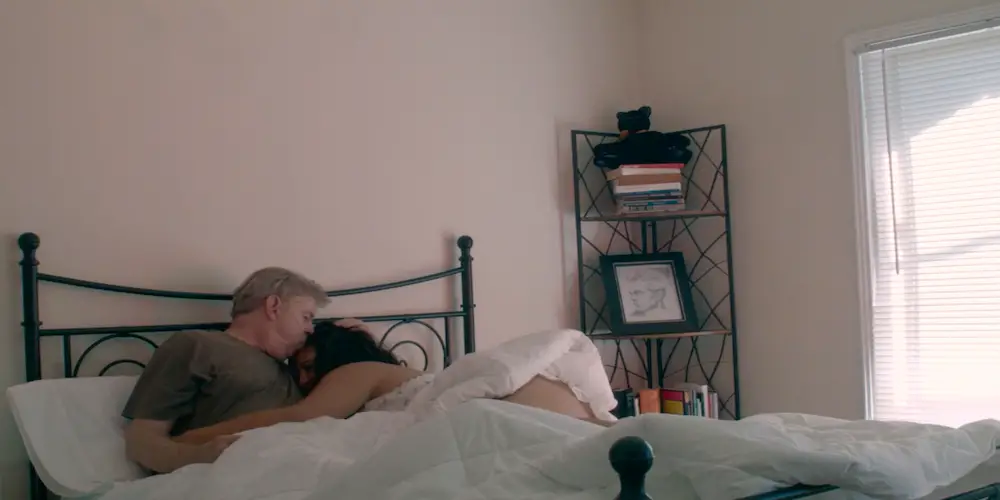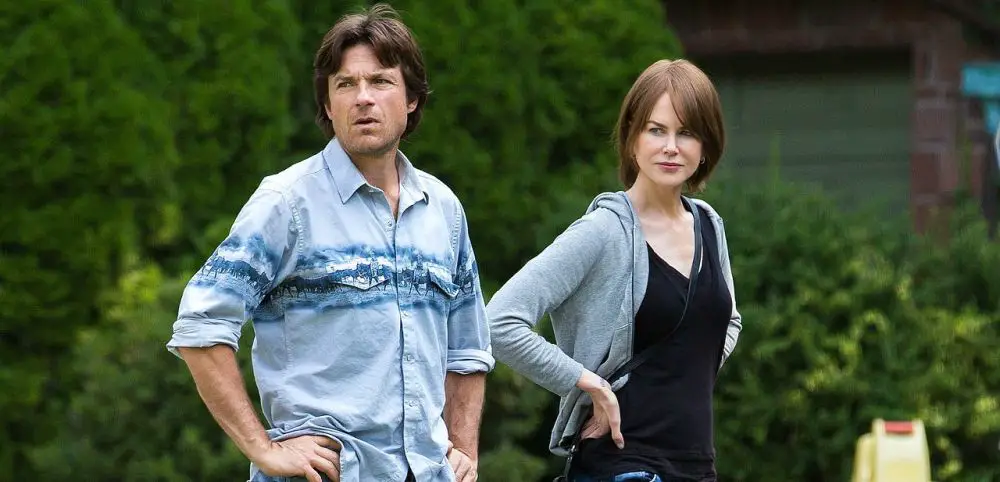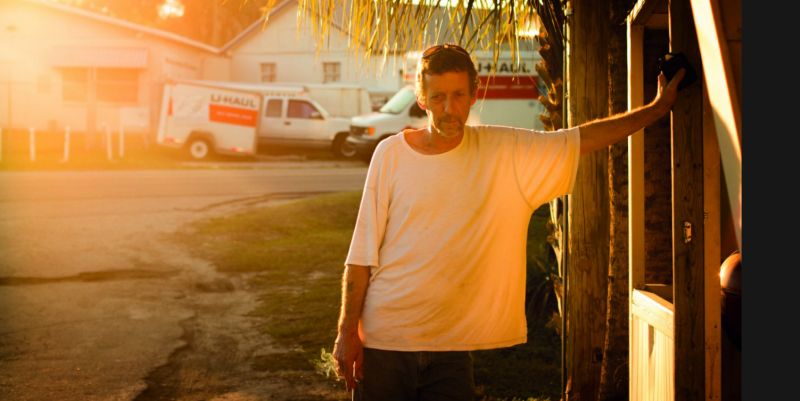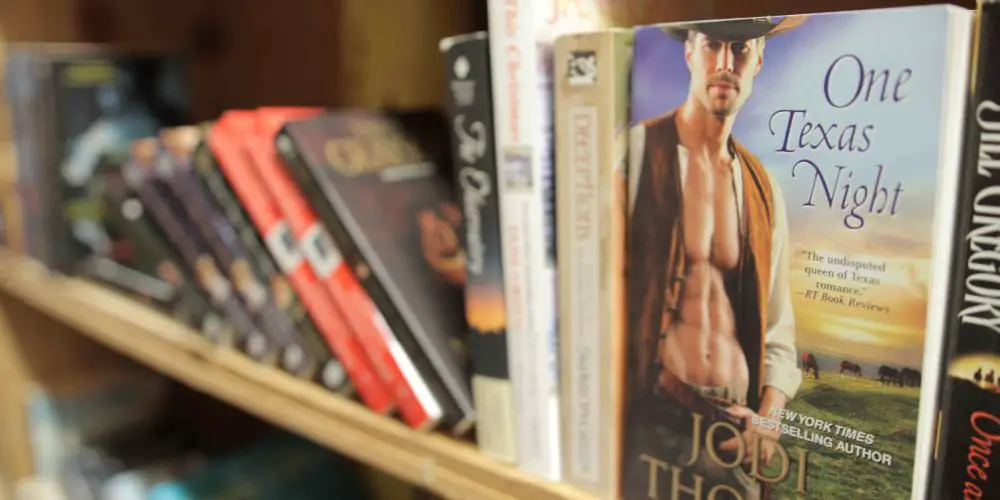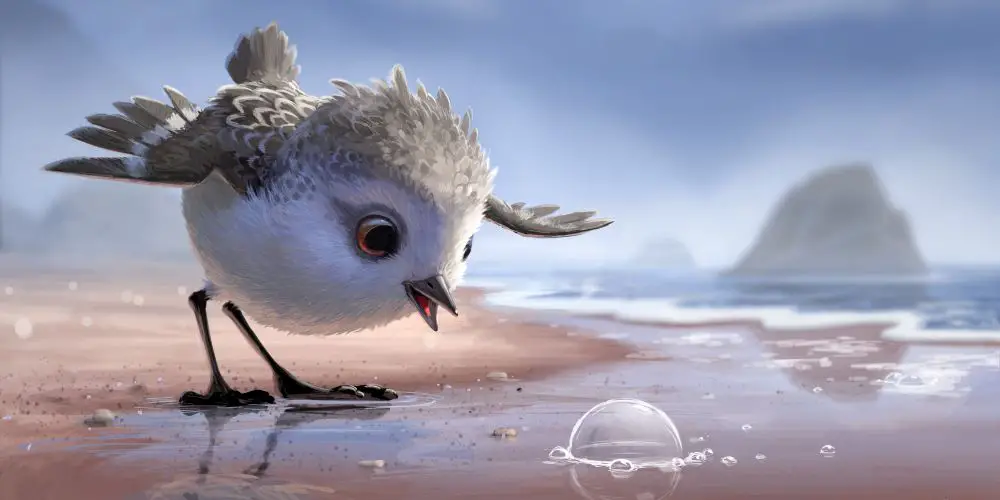Film Reviews
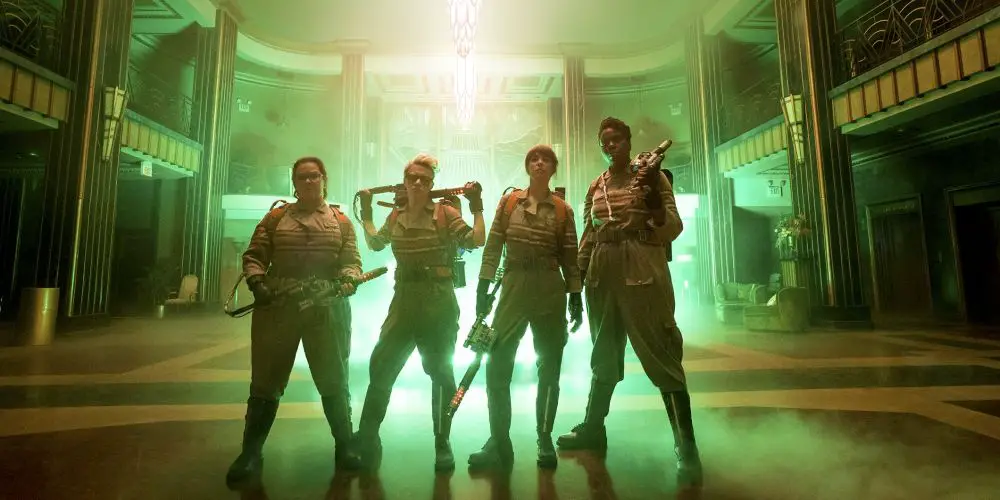
It would be to put it lightly that this film’s reputation preceeded it. After years of people theorising about another sequel to Ghostbusters (1984), naively deciding to overlook the fact that Bill Murray didn’t want to work with Harold Ramis again, and Ramis’ recent death, a new film was announced. The only problem was that noted comedy director Paul Feig was put in charge.
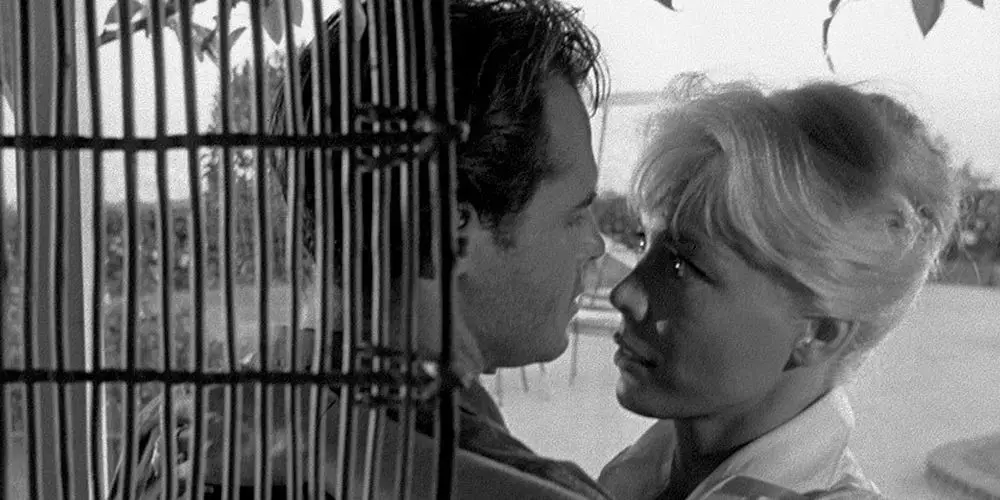
When it comes to cinema, it is truly the best and the worst of times. An unstable economy and the rampant rise of piracy have forced studios to rehash old films and hammer original ideas into the ground just to try and make money, with many mainstream movies now catering towards the profitable Chinese market to make those big bucks that the US haven’t been producing lately. Whilst it’s a dire situation, this new social media age has been a huge step forward in retaining and reviving film history.
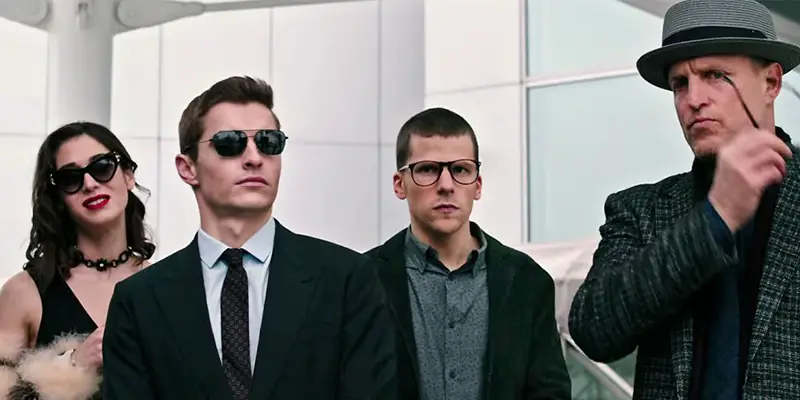
2016 is already shaping up to become the year of reboots and sequels; whether or not they are deemed acceptable is a different matter. Now You See Me indeed worked as a solo endeavour back when the magic was introduced three years previous. The existence of the sequel may come as a surprise to some, due to the mixed responses circling the first instalment.
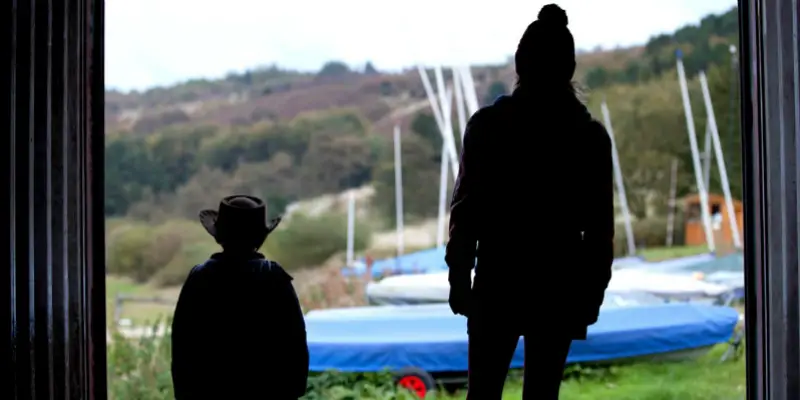
This little gem of a film won the Nora Ephron Prize at this year’s Tribeca film festival, which is awarded to recognise the work of female writers or directors whose film is making its North American premiere at the festival, and it’s easy to see why. Adult Life Skills is based on writer/director Rachel Tunnard’s short film Emotional Fuse Box and centres on the character of Anna (Jodie Whittaker). Anna is approaching her 30th birthday and struggling to cope with recent life events, which are gently revealed to us throughout the film via flashbacks and Anna’s visual manifestations of the past as she attempts to live in the here and now.
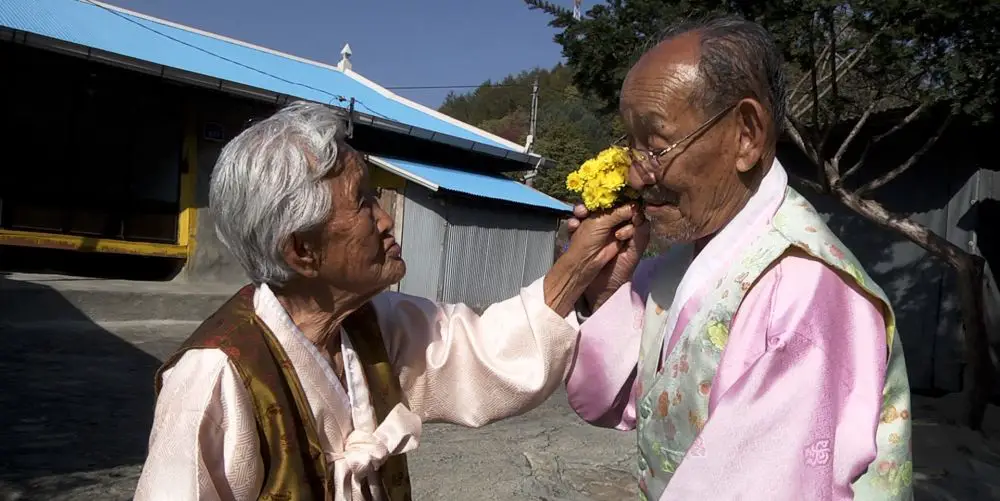
Jin Mo-young’s debut documentary feature, My Love, Don’t Cross That River, is extremely touching, and from solely watching the trailer of this South-Korean film, you can see why. Released for the festival circuit in 2014, Jin shows us a 98-year-old Jo Byeong-man and 89-year-old Kang Kye-yeol, who’d been married for 76 years. Jin filmed the elderly couple in their mountain village home in Hoengsong County, Gangwon Province for 15 months.
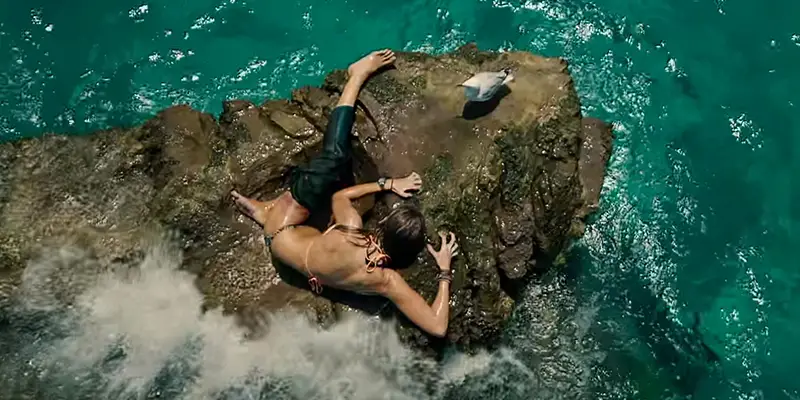
Nearly everything about the film The Shallows seems to indicate that you wouldn’t be at a loss for missing it in theaters. The premise of an attractive woman in turmoil, coupled with an unbelievably vicious shark – each of these stories on their own has been done time and time again. Yet, somehow, The Shallows manages to just surpass the murky depths that most of those films sink to.
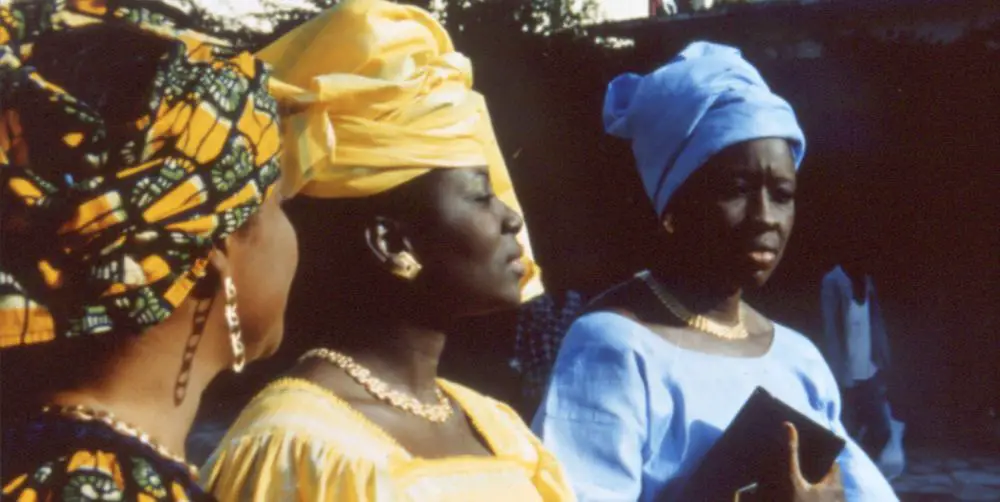
The opening sequence of Ousmane Sembene’s Faat Kiné shows us the complexity of urban motion in a place where modernity and traditionalism are still somewhat at odds. We see groups of women in traditional Senegalese dress walking through the city of Dakar. Then, the camera pulls further and further away from them until we can see can see a whole city block.
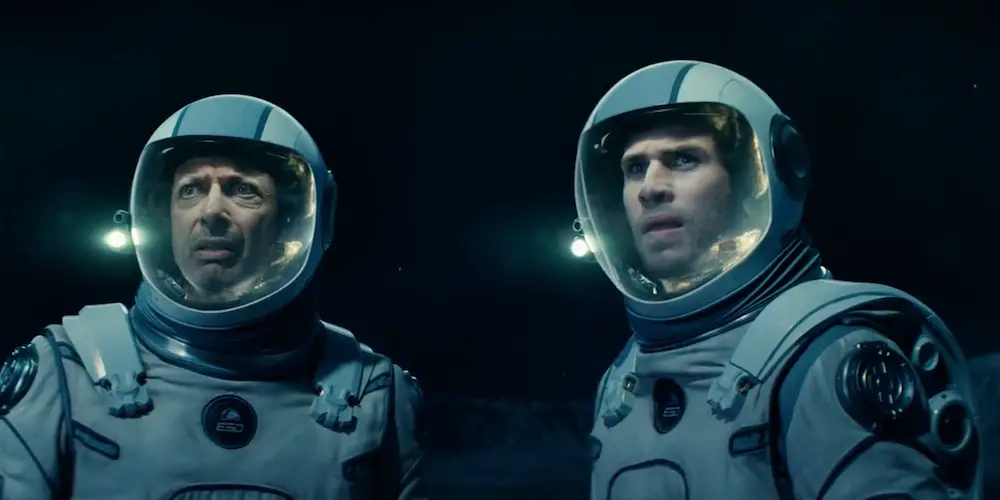
Independence Day came out when I was 14. I was a huge X-Files fan (I did a school project on Area 51) and so thought it was pretty much the greatest film ever. It was also at this time that I began to fall in love with movies, and Independence Day was part of that trend of 90’s summer blockbusters that opened my eyes to what contemporary cinema meant to a lot of people.
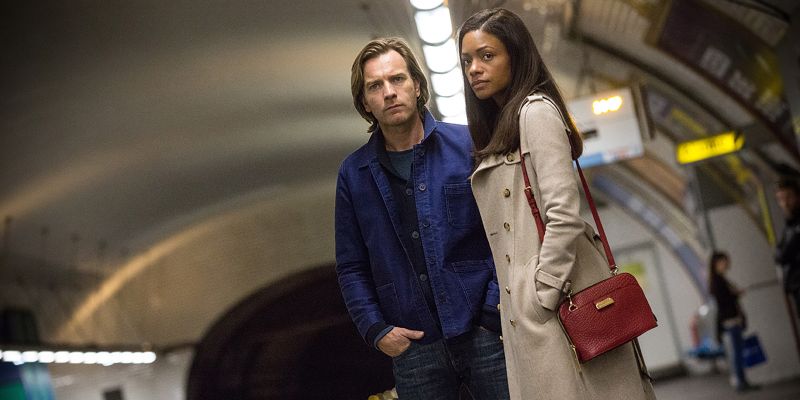
Ewan McGregor stars across Stellan Skarsgård, with Naomie Harris and Damian Lewis, in this film adaptation of the John le Carré (who is also on board as executive producer) novel of the same name, with a screenplay penned by Hossein Amini, helmed by British director Susanna White. With neo-noir ingredients, this thriller falls somewhere between slow-burn and slow-going. At times, we’re left to wonder why there isn’t more action, or twists (I felt similarly during Jack Ryan:
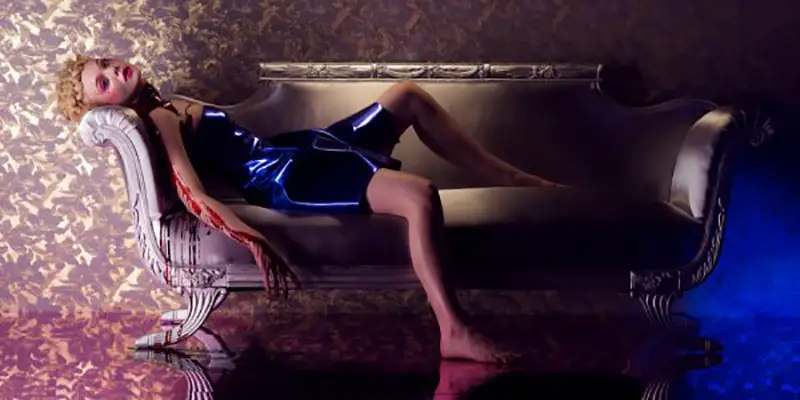
There is offense to be taken with the frame and exterior of physical bodies. Beauty, it has been said, is in the eye of the beholder. Yet, one can’t help but feel that, since the rise of feminism and the development of the male-gaze interpretation, almost all appreciation for the aesthetics of a given film has been entirely lost.


